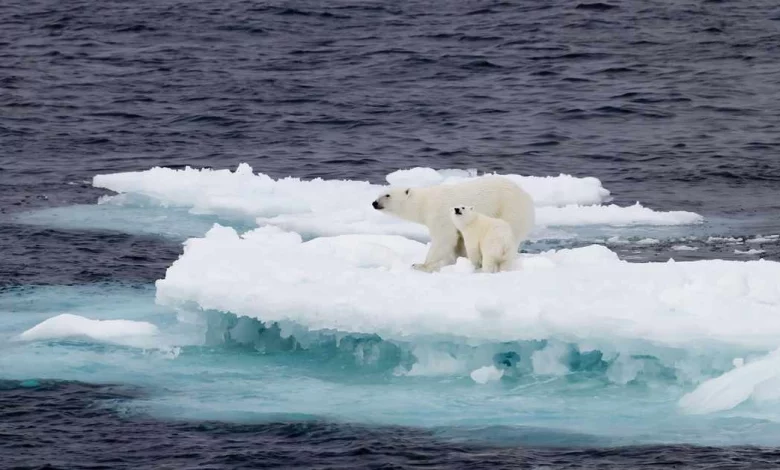Daily Current Affairs for UPSC
How climate change is displacing animals
Subject : Environment[GS Paper-3]

Context: A recent study indicates that native species may be more adversely affected by extreme weather caused by climate change compared to non-native species.
About:
The increasing global temperatures are leading to more frequent and damaging extreme weather events such as heat waves, cold snaps, droughts, and floods. These abrupt and intense changes in weather patterns are potentially causing significant changes in ecosystems.
Key Findings:
- Non-indigenous species are better equipped to handle severe weather conditions compared to native species.
- Although non-native species populations may be affected, the consequences for native species are much more significant as they will suffer from a loss of geographic range and face difficulties in recovering.
- Native land animals were severely affected by heat waves, cold spells, and droughts, while native freshwater animals were vulnerable to all events except for cold spells.
- Heat waves only affected non-native animals on land, while storms only affected non-native animals in freshwater. Non-native animals in the marine environment were mostly unaffected by disturbances.
Why do non-native animals fare better?
- According to Giovanni Vimercati, an ecologist at the University of Fribourg in Switzerland, non-native organisms that can withstand extreme weather are often those with fast reproduction rates, adaptable behaviour and physiology, and a higher tolerance for disturbances.
- And certain animals are able to thrive in situations where extreme weather has caused a decline in native animal populations. Rather than directly outcompeting native species, these animals are more resilient to extreme events and are able to take over once they occur.
Need to protect native species:
- The Intergovernmental Science-Policy Platform on Biodiversity and Ecosystem Services for the United Nations has compiled a comprehensive report revealing that the introduction of numerous invasive species into various ecosystems worldwide is inflicting staggering economic losses amounting to over $423 billion annually. These detrimental impacts are primarily manifested through the disruption of natural ecosystems, the impairment of food production systems, and the menacing implications on human well-being.
- Monitoring regions that have been recently impacted by severe weather occurrences and directing resources towards management can play a crucial role in facilitating the swift restoration of indigenous species.
- Promoting the process of recovery, preventing the potential extinction, or providing assistance to indigenous species that are susceptible to extreme events can afford them sufficient time to undergo evolutionary changes and adjust to the unprecedented weather patterns triggered by climate change.
Source: IE





.png)



